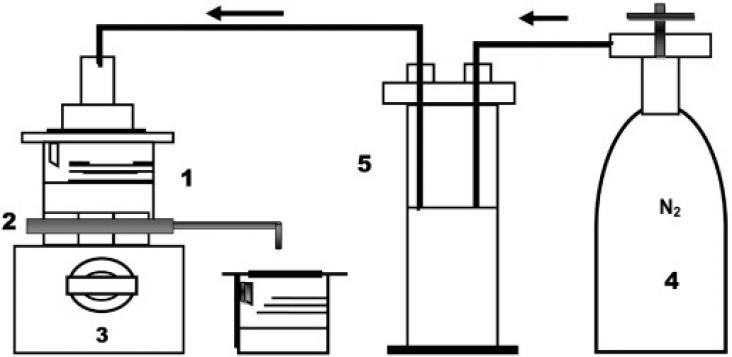
Circular economy strategies seek to reduce the total resources extracted from the environment and reduce the wastes that human activities generate in pursuit of human wellbeing.
The UN 17 Sustainable Development Goals (SDGs) and the 169 targets have been considered in multidisciplinary approaches worldwide.
Background: Fruits and vegetables are an excellent source of nutrients, with numerous health benefits. Most consumers are not meeting the daily recommended intake of fruits and vegetables.
Agricultural Internet of Things and Decision Support for Precision Smart Farming, 2020, Pages 1-33
